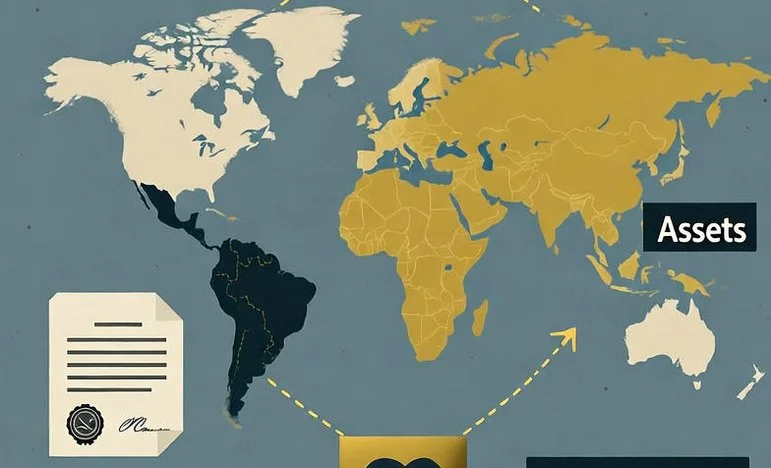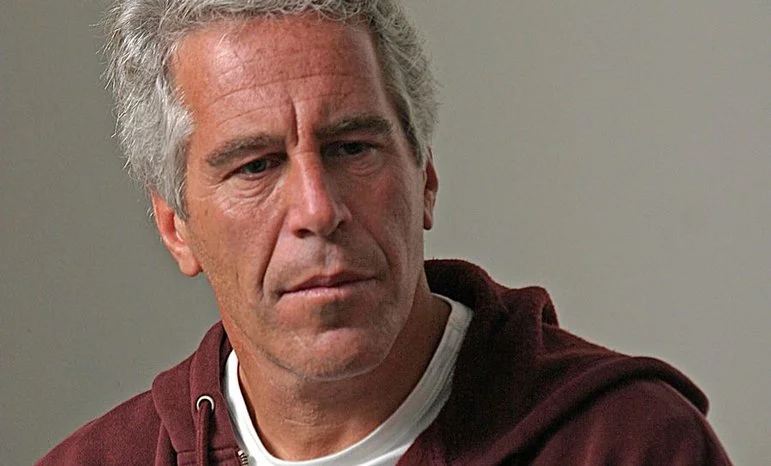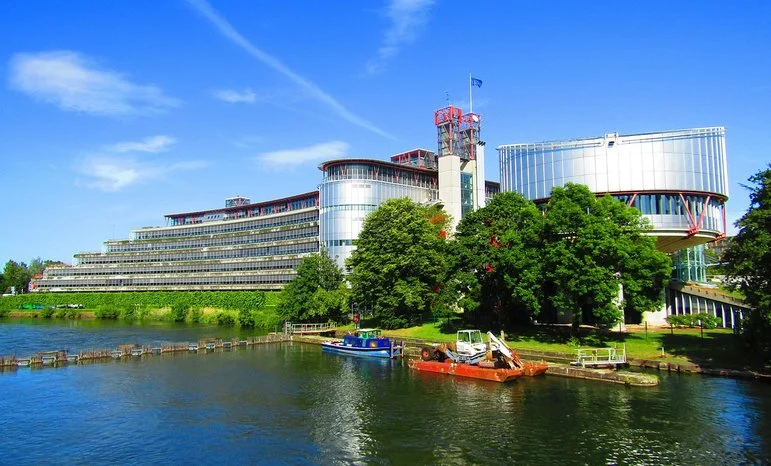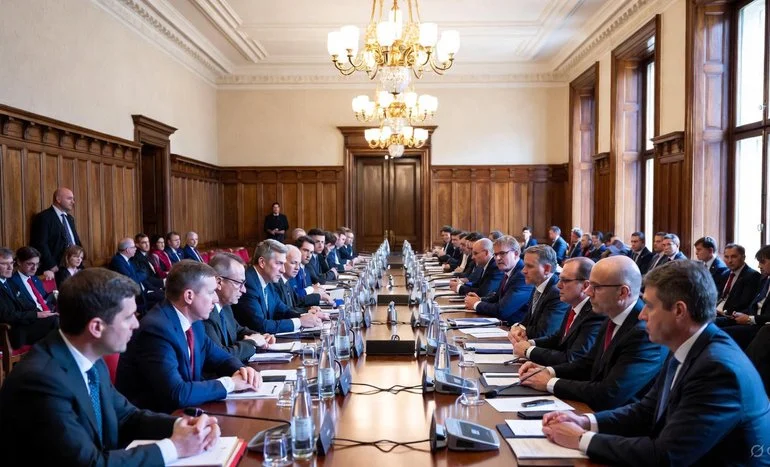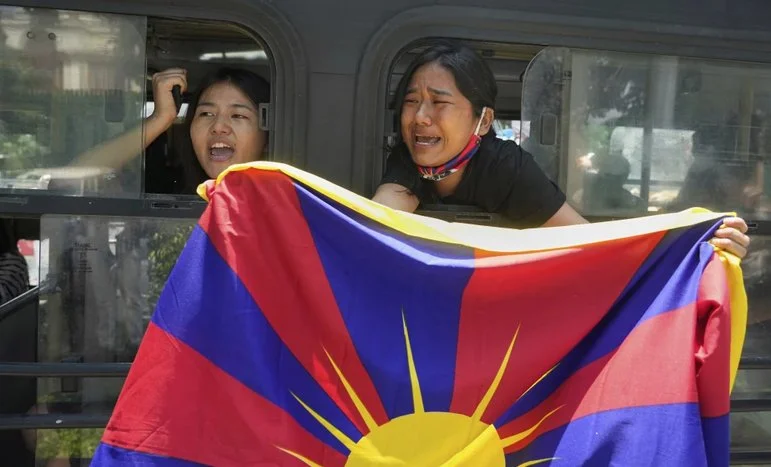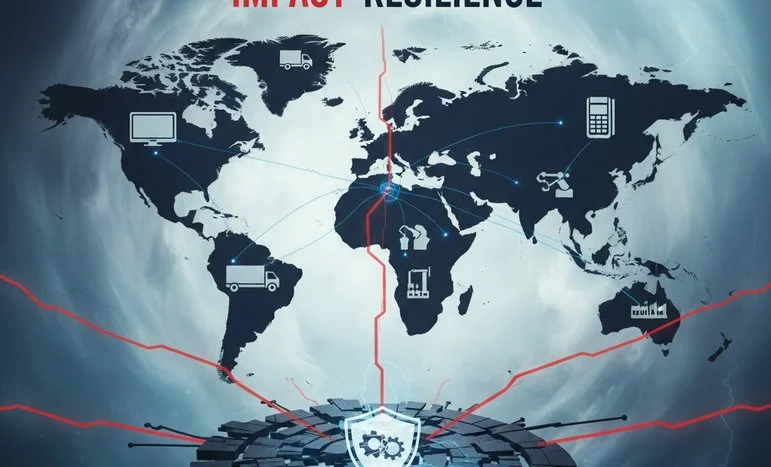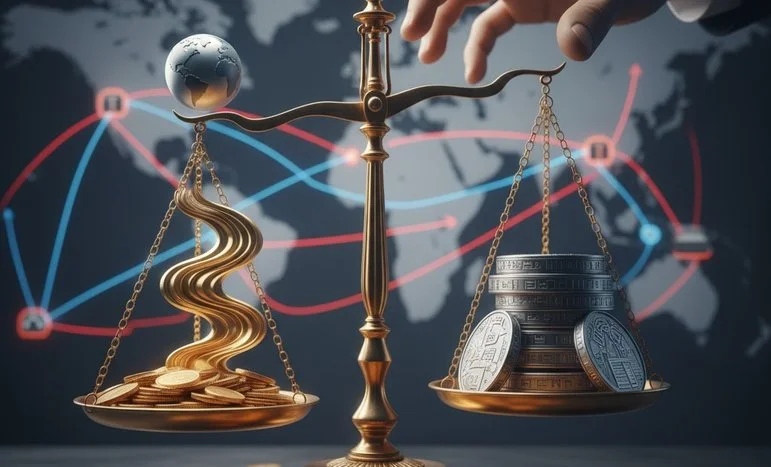
South Korea’s Defamation Laws and the Silencing of Sexual Assault Victims
Introduction
South Korea’s defamation laws have come under intense scrutiny as they continue to silence sexual assault victims. The tragic case of a theology student’s suicide sparked national outrage when his family sued a victim for “defamation by stating facts” after she exposed a chatroom that had harassed over 80 women, including minors.
This incident underscores the #MeToo-era backlash in South Korea, where victims often face fines and legal battles, even when acquitted of threats or other criminal allegations, raising concerns about justice and societal accountability.
Background: The Chatroom Scandal
The controversy began with the discovery of a chatroom involving sexual harassment and predatory behavior, targeting dozens of women. Key points include:
- More than 80 victims were identified, some minors.
- Evidence was publicly disclosed by survivors and activists to warn and protect potential victims.
- Legal retaliation arose in the form of defamation suits, despite the factual nature of the accusations.
This reflects a broader pattern where perpetrators or their families use defamation claims to intimidate victims and prevent further exposure.
The Legal Framework: Defamation by Stating Facts
South Korea’s defamation laws are notable for allowing claims even when alleged statements are factually correct, provided they are deemed damaging to reputation. This legal nuance creates a chilling effect for whistleblowers and sexual assault victims, as:
- Survivors may face hefty fines or imprisonment.
- Speaking out against harassment becomes a risky proposition, even with corroborating evidence.
- Courts may weigh reputation over victim protection, contributing to systemic silencing.
#MeToo Era Backlash
The incident highlights the tension between cultural change and legal conservatism. Despite the global influence of the #MeToo movement, South Korea has seen:
- Victims penalized for truth-telling while perpetrators avoid proportional accountability.
- A public discourse divided between supporting survivors and protecting familial or social reputations.
- Increased scrutiny of institutional and societal barriers that discourage victims from reporting abuse.
This climate exacerbates the trauma experienced by survivors and undermines efforts to foster accountability and social change.
Societal Implications
The combination of strict defamation laws and social stigma results in several societal challenges:
- Deterrence of reporting: Potential whistleblowers may remain silent to avoid legal repercussions.
- Victim retraumatization: Legal retaliation and public scrutiny can exacerbate emotional harm.
- Weakening of trust in law enforcement and justice systems, particularly among women and minors.
Activists argue that reform is necessary to balance protection of reputation with safeguarding victim rights, emphasizing that societal support structures must evolve alongside legal frameworks.
Comparative Perspective
Other countries have begun updating defamation and harassment laws to better protect victims:
- In some Western jurisdictions, truthful reporting of sexual assault is legally shielded.
- Legal reforms often include protections for minors and whistleblowers, ensuring reporting does not carry punitive risk.
- South Korea lags behind in these protections, reflecting a conservative legal culture that prioritizes reputation over survivor welfare.
Calls for Reform
Advocates are calling for:
- Amendments to defamation laws to protect factual reporting of crimes.
- Introduction of stronger victim protection measures, including anonymity and legal aid.
- Public awareness campaigns to shift societal attitudes toward supporting survivors and discouraging retaliation.
Reform is critical not only for justice but for preventing similar tragedies in the future.
The case of the theology student’s suicide and the subsequent defamation lawsuit against a sexual assault victim exemplifies the complex intersection of law, culture, and social justice in South Korea.
While the #MeToo movement has inspired change globally, local defamation laws continue to silence victims, highlight the risks of reporting abuse, and necessitate urgent legal and cultural reforms. Ensuring that survivors can speak without fear of punishment is essential for a fair and equitable society.
We appreciate that not everyone can afford to pay for Views right now. That’s why we choose to keep our journalism open for everyone. If this is you, please continue to read for free.
But if you can, can we count on your support at this perilous time? Here are three good reasons to make the choice to fund us today.
1. Our quality, investigative journalism is a scrutinising force.
2. We are independent and have no billionaire owner controlling what we do, so your money directly powers our reporting.
3. It doesn’t cost much, and takes less time than it took to read this message.
Choose to support open, independent journalism on a monthly basis. Thank you.
